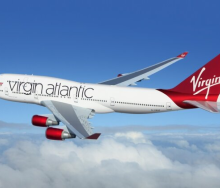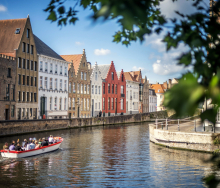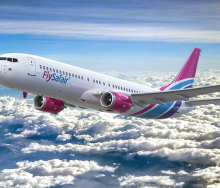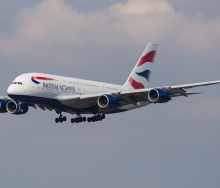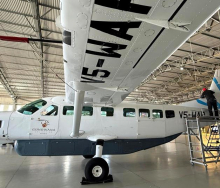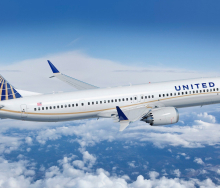Part 4 – More airlines need to tap deeper into AI and the digital revolution
Where are airlines in relation to the AI revolution?
Travel News spoke to Riaan van Schoor, IT fundi and CEO of Agentivity, to find out more about airlines’ approach to AI.
“Chatbots that are used to streamline some customer service tasks, were one of the first examples of the adoption of artificial intelligence technology in the airline industry, from the front end,” says van Schoor.
Airlines’ service and assistance departments generally have a poor record. Customers and agents alike complain of unresponsivity and the unavailability of help. When the customer most needs to speak to an airline, for example in the case of a long delay in a flight, often the airport kiosk is closed and the airline’s phones appear to be unmanned.
Can AI be used to interface with customers in service and assistance?
“Airline servicing and follow-up is generally weak – it is difficult to get hold of an airline customer service department or get assistance, and adopting AI in this instance is imperative to any service offering and could benefit their front end product significantly if only it were more widely adopted by airlines,” says Van Schoor.
“NDC of course, is what airlines are focusing on at the moment and this purchasing process is accelerating rapidly. A lot of money is being invested in airlines’ NDC and delivery. New carrier, Riyad Air, which is being launched towards the latter part of 2023, will not have any airfares or offerings on the GDS. The entire airline purchasing process will be driven by NDC.
“Improving the travel experience is at the centre of AI’s potential in the travel industry, for all users and suppliers. From online booking sites to boarding gate accessibility, AI can be a powerful tool if utilised by airlines to identify and solve traveller pressure points and deliver more seamless experiences for both travellers and their providers.
In a 2019 interview, Iata’s Eric Leopold said then that airlines must “unlearn” the methods that made the industry successful in the past. “Not all airlines will move at the same pace in the digital revolution, but all understand it cannot be avoided. We have to ‘deconstruct’ our legacy processes, and build the digital airlines’ retailing world together.
“Iata is eager to raise awareness and support airlines and the wider value chain to reap the benefits of new technologies such as AI. Through applied research and development, proof of concepts, pilots and engagement with the academic and start-up sectors, we aim to accelerate AI innovation. To learn by doing, Iata has already adopted AI solutions to improve the performance of its own Settlement Systems and Customer Services, and will keep testing new solutions.”
A Lufthansa newsroom report confirmed that the airline had entered into a research alliance with travel booking app Hopper to explore the potential of artificial intelligence and tap into its potential. Hopper operates one of the world's most innovative travel booking apps.
Delta Air Lines is leveraging AI and it has created the first biometric terminals in the US. Delta Digital ID is a pilot programme that, with the use of facial matching, enables SkyMiles Members to utilise dedicated bag drop and security lines allowing them to pass through the airport process without having to take out their phone or wallet.




